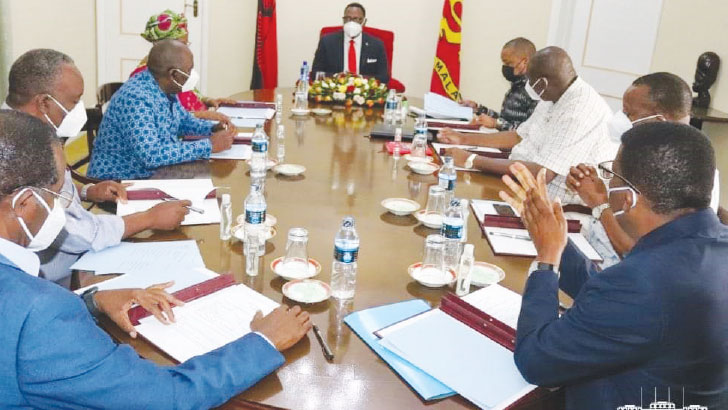Misa Malawi Chapter says lack of funding for implementation of the Access to Information (ATI) law, attacks on journalists and closure of some broadcasting stations are some of the major challenges the local media faced in 2022.
In her reflection of the year 2022, Media Institute of Southern Malawi (Misa) Malawi Chapter chairperson Teresa Ndanga said while repealing of sedition laws and amendment of the Protected Flag, Emblems and Names Act were steps in the right direction, the lack of funding to the Malawi Human Rights Commission (MHRC) for the implementation of the ATI Act was a disservice to principles of transparency and accountability.
Ndanga: No funding for ATI in the budget
She said: “Legally, MHRC is designated to oversee the implementation of the Act. However, in the 2022/23 National Budget, the commission received no funding for the activities under the Act, casting doubt on government’s commitment to effective implementation of the law.
“The Act places a huge responsibility on the commission and failure to fund activities is against the spirit of transparency and accountability that birthed the Act.”
Ndanga also highlighted the closure of some television and radio stations by the Malawi Communications Regulatory Authority (Macra) over delays by the stations to pay annual licence fees as another development that spoiled the broadcasting industry gains of many years.
On attacks of journalists, Ndanga cited the arrest in April 2022 of Platform for Investigative Journalism (PIJ) founder Gregory Gondwe over a story that PIJ published and the assault on Times Group correspondent Tiyese Monjeza and other journalists by followers of convicted Pastor Penjani Sodzera of Redeemed for Christ Church.
However, she commended members of Parliament (MPs) for passing the Penal Code (Amendment) and Protected Flag, Emblems and Names Act (Amendment) Bills, which she said give a breath of fresh air in the country’s freedom of expression and media landscape.
MHRC head of ATI Chance Kalolokesya is on record as having said that on average the ATI unit needs K300 million per year.
He said, among others, the commission needs financial resources to raise awareness about the law.
The Tonse Alliance administration made the ATI Act operational on September 30 2020, three months after winning the court-sanctioned Fresh Presidential Election held on June 23 2020.
The move was a partial fulfillment of the nine-party electoral alliance’s promise to remove any secrecy within government and make it easier for Malawians to access public information.
The post Misa Malawi rues ATI stalling, media assault appeared first on The Nation Online.
 Moni Malawi
Moni Malawi 

